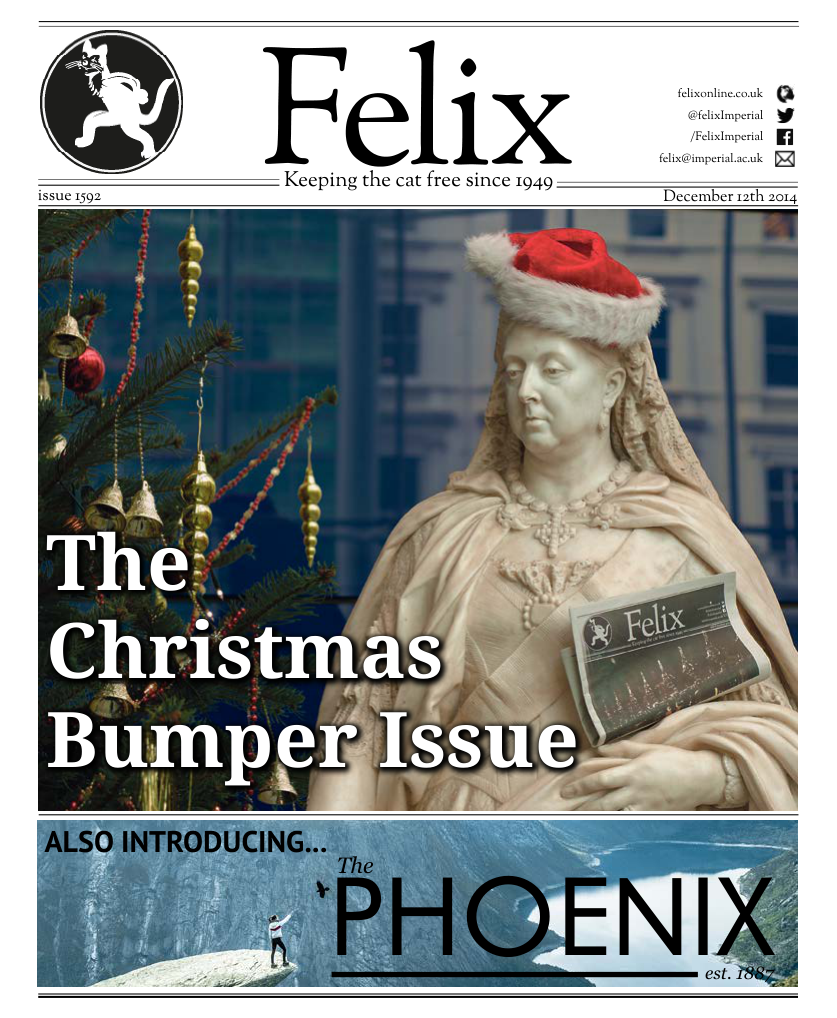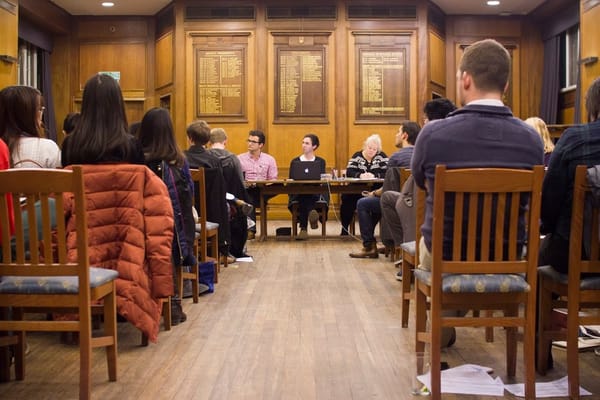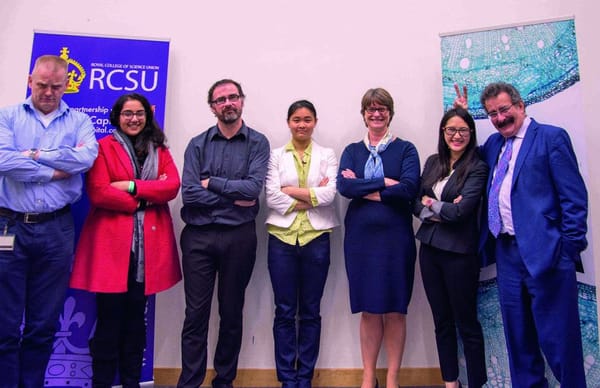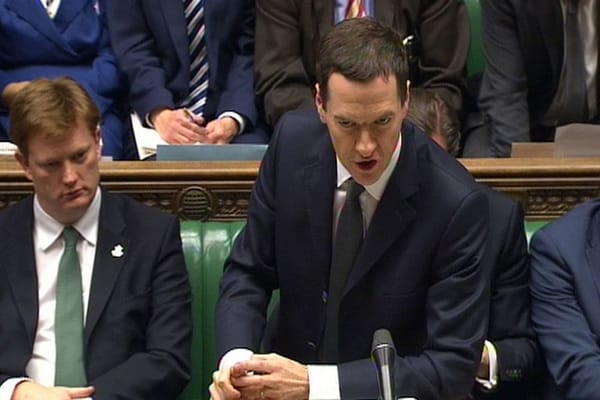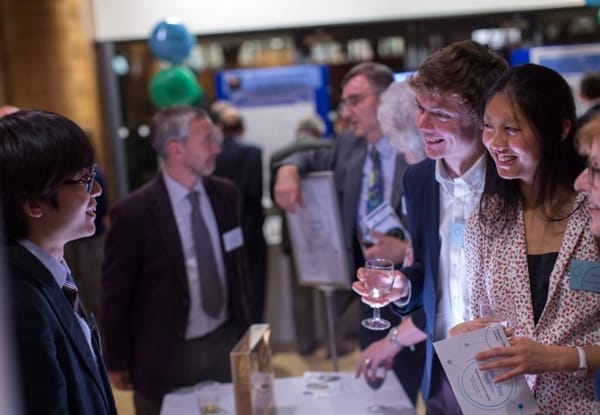The Curiosity of one Imperial scientist
Felix talks to Imperial Professor Sanjeev Gupta on his role in the Mars mission
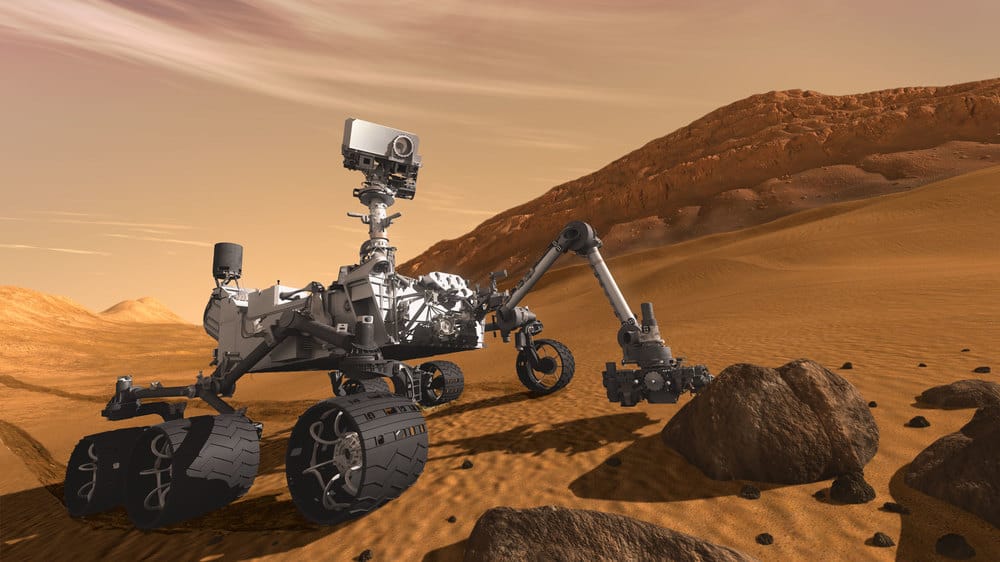
Imperial scientists working on the Curiosity Rover have revealed how water may have shaped the landscape on Mars. Sanjeev Gupta, a Professor of Earth Science from the Royal School of Mines, teaches multiple undergraduate courses alongside his work with NASA on the Rover, and was part of the team that made the discovery.
Gupta analyses the rocks that the Rover is sampling in a bid to understand the geology of the planet and decipher the ancient environments Mars may have had.
The rocks feature particular sedimentary patterns which suggest that lakes have periodically formed then evaporated in the large crater the Rover has been traversing over. Curiosity has been steadily travelling across the crater towards the mountain in the middle, and is now looking at the rock patterns at the base of the 5km high formation.
The lakes may have been formed from snow running off the edges of the crater and melting in the process. Rivers carried sand and silt into the lake too, which then settled at the bottom. As this cycle repeated, the sediment formed the base of the mountain over tens of millions of years and contributed to the patterning of the rocks, known as the Murray formation.
Felix spoke to Gupta about his involvement in the mission, how he balances working on Curiosity with his teaching and the future plans for the Rover. Gupta has been involved with Curiosity since the launch, and is a strategic planner for Curiosity.
Gupta liaises with the scientists and engineers working on the mission, and outlines the schedules and long-term aims of the project to make sure that everything stays on track. He also works on analysing the data collected by the Rover, which he does from the comfort of his own home, and here at Imperial.
Gupta told Felix about his involvement with the mission: “It is fantastic and I have a really good insight into the mission having the dual role that I have.
“Since the team is spread across the world, we spend a lot of time running around making phone calls, sending emails and having discussions online.
I have to make a lot of economical decisions too, as the mission is very expensive. Every day we are under pressure to keep moving, and collect data too.”
He also told Felix that although it is difficult at times to balance his role with the Rover and his teaching duties, the students are very excited about the project. “My fourth year class will actually be looking at the Curiosity data and doing the same sort of analysis we are doing as part of the project.
“It is exciting to be able to transfer that knowledge onto a younger generation.”
Although Gupta explains that the mission is not to find traces of life on the planet right now, they are keeping an eye out for organic compounds that may suggest that there was life on Mars in the past.
Analysis of rocks that make up the surface of the planet indicate that the bodies of water were larger and remained for longer than previously thought, and suggest that the climate of the planet that allowed for this may even have sustained microbial life.
When water was present in the crater, the conditions may have been favourable for microbe survival, but the life forms may have also resided below the surface once the lake dried out.
Models of the climate are yet to prove that conditions would have allowed for the lakes to remain for a prolonged length of time, but does suggest there may have been other large bodies of water on the planet in the past.
So what are the plans for the Rover now? Gupta tells us that the Rover is now going to slowly ascend the mountain, and continue to analyse the rocks as it goes along. “The mountain was a risky target, but now we have reached it, it makes sense to start methodologically climbing upwards.
“There is always pressure to keep moving, and we’ve had problems with rocks and holes and issues with cosmic wind. However every day you don’t drive on you may miss something down the road.
“It’s terribly stressful, but at the same time extremely exhilarating.”


